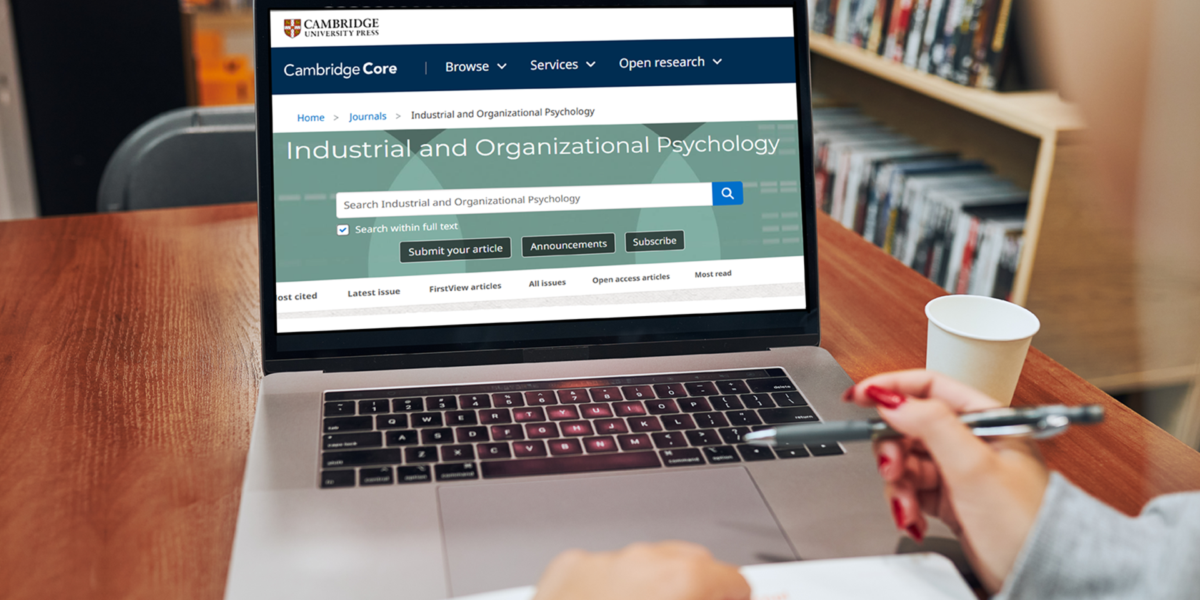About IOP
The first issue of the journal debuted in March 2008 and was produced by Wiley-Blackwell Publishing. The journal is now being published by Cambridge University Press, a world leader in journal production, quarterly in March, June, September, and December.
SIOP members receive this publication as a part of their membership. Nonmembers may also subscribe to the journal for a fee.
Read electronic issues:
You must be a paid SIOP member to access the electronic journal archives. Please log in with your member username and password to access the journal portal.

IOP Journal
The Industrial and Organizational Psychology (IOP) journal, published by SIOP and Cambridge University Press, is a key resource offering:
Focal Articles
Two new focal articles are now available for commentary.
Deadline for commentaries is January 5, 2026.
I-O Psychology and Labor: Benign Neglect, Antipathy, and Missed Opportunities
Industrial-organizational (I-O) psychology has largely ignored organized labor, both in terms of our research interests…
Read My Lips: No New Constructs! Construct Proliferation as a Threat to the Future of I-O Psychology
Industrial and organizational (I-O) psychology recognizes dozens of different constructs, including several individual differences, environmental…
Submissions
Call for Proposals for Special Issue of IOP journal

Electronic Journal Archives
Only paid SIOP members can access the electronic journal archives. Log in with a member username and password to access the journal portal.


